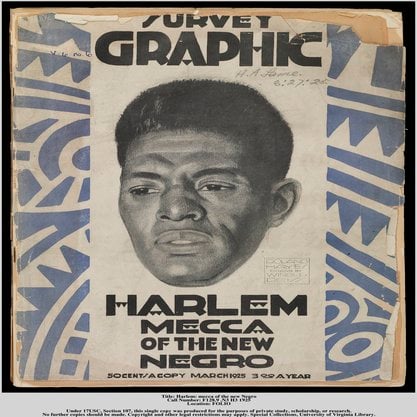Article
Brooks, Cleanth (1906–1994) By Meehan, Adam
Article
Cleanth Brooks was born in Murray, Kentucky, and spent most of the first half of his life in the American South. He taught at Louisiana State University (LSU) from 1932 until 1947, when he took a position at Yale. While at LSU, he and colleague Robert Penn Warren (1905–1989) co-edited The Southern Review, which published both critical essays and creative writing, including that of modernist writers Ford Maddox Ford and Wallace Stevens. His prolific work on Southern writers, especially William Faulkner, made an unparalleled contribution to the study of Southern literature in America. He is perhaps best known for his influence on New Criticism, which pioneered an approach to the study of poetry that involved analyzing the structural, rhetorical and metaphorical elements of a poem through close reading, rather than relying on biographical and historical details for interpretation. Brooks expounded upon this method in his two most renowned books, Modern Poetry and the Tradition (1939), which includes a classic reading of T. S. Eliot’s The Waste Land, and The Well Wrought Urn: Studies in the Structure of Poetry (1947). These works, together with the popular textbook Understanding Poetry (1938), co-written with Warren, revolutionized the teaching of poetry in American higher education.


